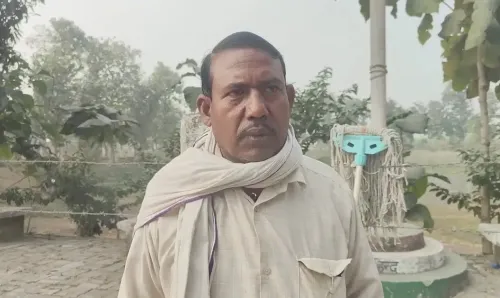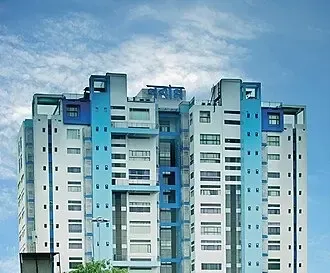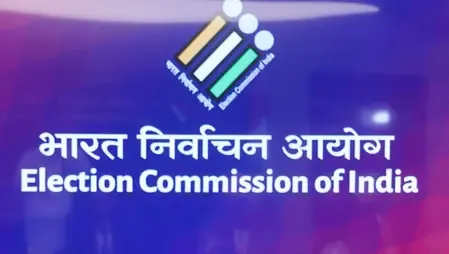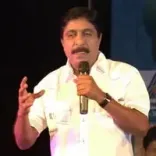Does Cash Presence Alone Imply Guilt in Justice Varma Inquiry?
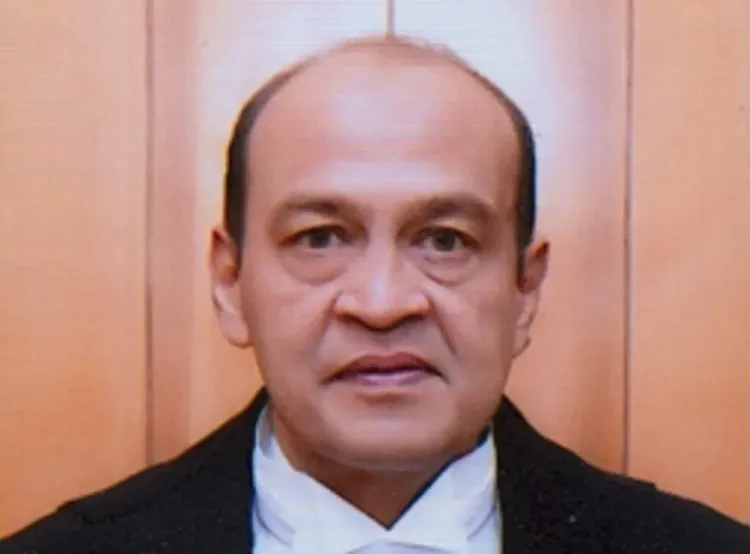
Synopsis
Key Takeaways
- The inquiry into Justice Varma emphasizes the importance of thorough investigations.
- Legal experts caution against presuming guilt based on the location of cash.
- Implied responsibility raises concerns regarding natural justice principles.
- Justice Varma advocates for clarity on the origins of the cash found.
- Investigators bear the responsibility of establishing facts in serious inquiries.
New Delhi, May 30 (NationPress) A report presented by the three-judge inquiry panel investigating the events at Justice Yashwant Varma’s official residence on March 14 reveals critical insights regarding the alleged cash recovery amid the fire, according to insiders.
This report has been forwarded to the then-Chief Justice of India, Sanjiv Khanna, but sources have raised pertinent inquiries about various aspects of the conclusions drawn.
The panel, formed by then CJI Khanna on March 22, has reportedly confirmed the presence of cash at Justice Varma’s residence in New Delhi.
The findings seem to rely on the idea of “implied responsibility,” suggesting that the discovery of cash in a judge’s official space could imply at least a tacit awareness or endorsement, insiders claim. However, this reasoning has sparked some apprehension among legal experts.
As per sources close to the situation, Justice Varma did not contest the existence of the cash itself but instead advocated for a thorough investigation to clarify how the cash ended up in the outhouse, who deposited it, and if there is any connection to the judge or his family.
These inquiries, sources argue, warrant careful examination. They emphasize that the responsibility to substantiate facts in any investigation of this magnitude lies with the investigators.
Reports indicate that no definitive evidence was provided to prove ownership or knowledge concerning the cash recovered by Justice Varma or his family.
Witness statements before the committee reportedly confirmed that the outhouse was used only occasionally, and keys were accessible to domestic staff, sources mentioned.
According to insiders, the panel recognized that the structure was “sometimes locked” and at other times “usually unlocked.”
The wider concern expressed by some legal professionals is that presuming knowledge or involvement purely based on location might conflict with the long-standing principles of natural justice and the presumption of innocence.
Experts warn that applying “implied responsibility” in such circumstances, without solid proof of a link or ownership, could inadvertently set a dangerous precedent contrary to the principles of fair inquiry.


